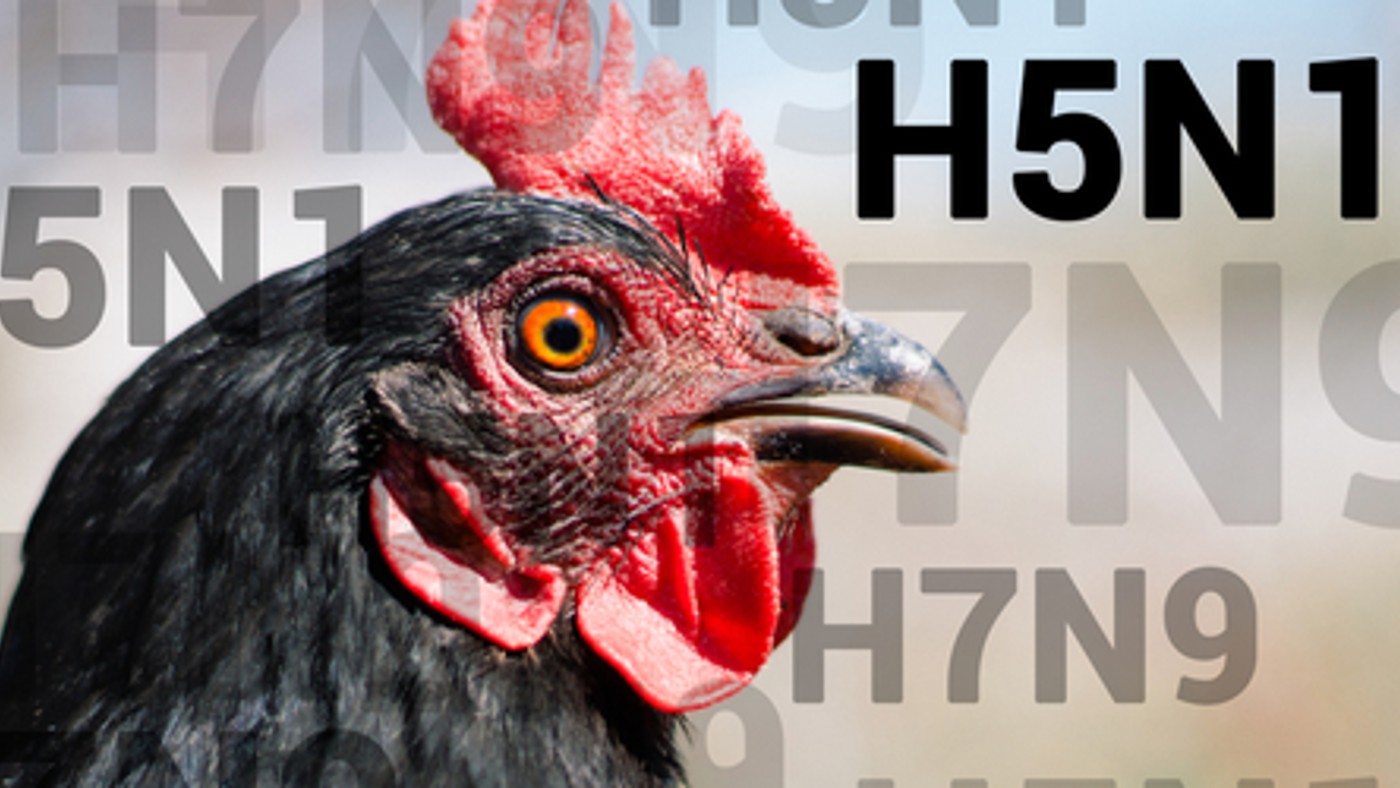Highly Pathogenic Avian Influenza found in dairy cattle was a surprise for producers and there’s still many unknowns right now with under a month’s worth of information.
So far, there’s been about 30 different dairy locations in eight states affected including North Carolina. This week, to prevent spread of the virus, the U.S. Department of Agriculture announced mandatory reporting and testing.
Iowa Secretary of Agriculture Mike Naig.
“When you are moving lactating animals interstate, meaning from state to state, that it will require those animals to be tested before they’re moved.”
Prior to interstate movement, as Naig says, dairy cattle must have a negative test for Influenza A at an approved lab. Positive reports require producers to provide tracing information, while the laboratories and state veterinarians must report positive results to APHIS.
Another report from the Food and Drug Administration addresses concerns of the virus found in the milk supply. The virus has been found in raw milk, but based on available information the FDA says pasteurization stops the virus by breaking it up into fragments.
Naig says that means commercial milk is still safe, despite reports and concerns about those bits in the milk, it is not the actual virus.
“And that is what pasteurization does. So, yes. Yes, in fact you can find bits and pieces of genetic material of the virus in pasteurize milk. But pasteurization has rendered that inactive and therefore it is not a food safety or human health issue.”
The FDA maintains there is nothing it’s seen so far that would change its assessment of a safe milk supply.
The USDA notes with dairy cows confirmed to spread the virus within the same herd, there are concerns the virus is adapting to mammals; however, it says there’s no evidence showing it’s any more transmissible to humans.


